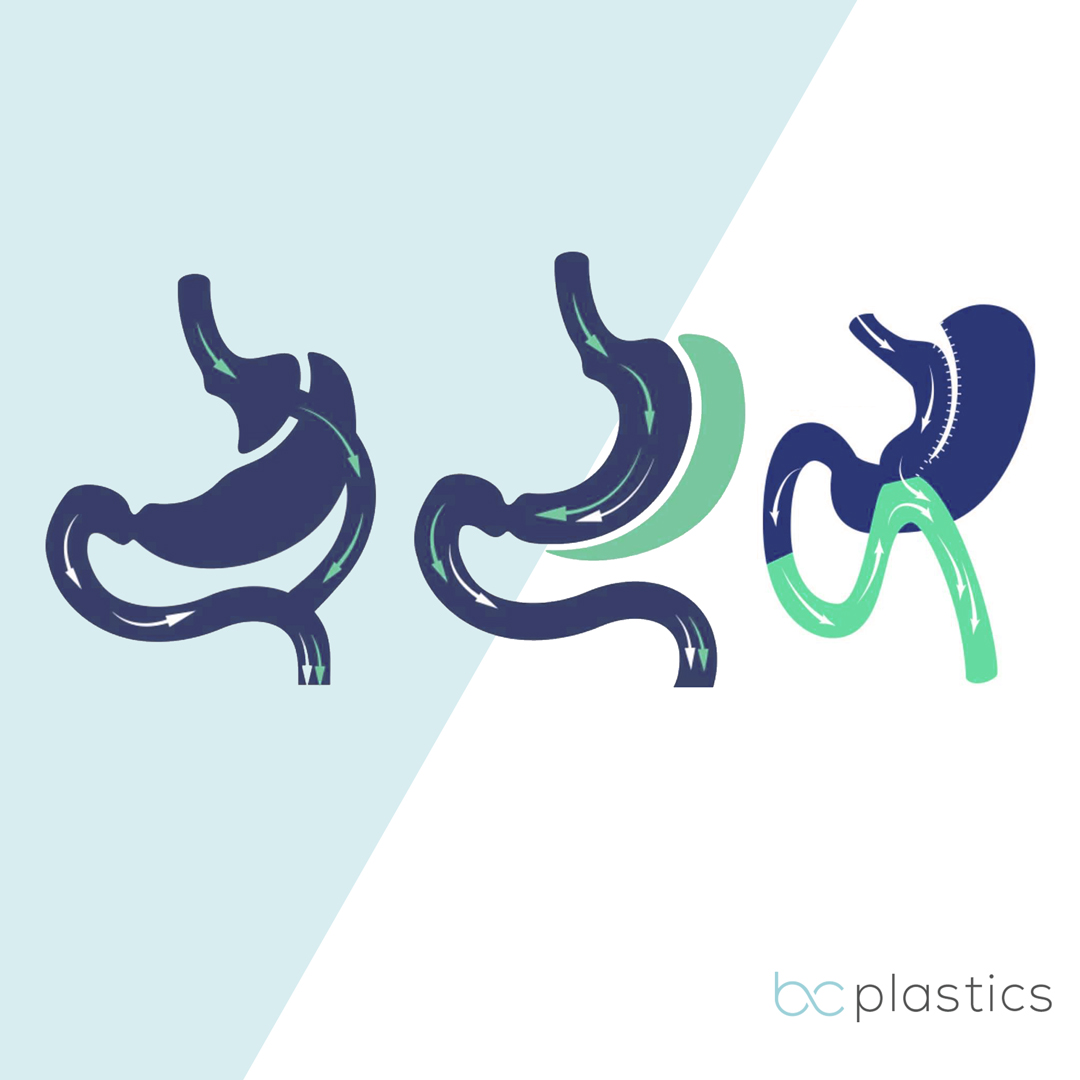Weight loss surgery, also known as bariatric surgery, has proven to be an effective tool in the fight against obesity. But, before you decide to proceed, there are some critical factors you should consider. From eligibility criteria to potential risks, life changes and more, here are the key aspects to consider before committing to weight loss surgery.
Eligibility:
1. Not everyone is a candidate: These types of surgeries are typically recommended for individuals who have a Body Mass Index (BMI) of 40 or higher, or a BMI of 30 or higher with associated health conditions such as diabetes or high blood pressure. Meeting this criterion doesn’t automatically make you a candidate; other factors, such as psychological readiness, are considered as well.
The Preparation:
2. Pre-operative lifestyle changes: Before going under the knife, your healthcare provider may require you to adopt some lifestyle changes. This can include diet control, regular exercise, and quitting smoking. These changes aim to reduce surgery risks and prepare your body for the subsequent weight loss journey.
3. Psychological readiness: It’s vital not to discount the emotional implications of these surgeries. Many people struggle with changes to their appearance and the emotional baggage that often accompanies a significant lifestyle change. Mental health support is recommended before and after the surgery.
The Surgery and Beyond:
4. Procedure type: There are several types of weight loss surgeries, including gastric bypass and sleeve gastrectomy. Each has its own benefits and risks. Discuss with your healthcare provider to understand which would work best for your unique situation.
5. Post-surgery lifestyle changes: After the surgery, you’ll need to sustain strict dietary rules and habits to maintain the weight loss. This usually includes consuming very small, nutrient-rich meals and avoiding sugary, high-fat diets. Regular exercise will also become essential.
6. Potential complications and risks: All surgeries have inherent risks. These can include infection, bleeding, blood clots, dumping syndrome, nutritional deficiencies, and more. Understanding these risks can assist you in making an informed decision.
7. Long-term follow-up: Long-term follow-up care is crucial for maintaining the weight loss and managing potential problems. These may include counseling, nutrition consulting, group support, and regular medical checkups.
You’re Not Alone:
8. Support systems: Successful weight loss is not just about the surgery. It’s about ongoing care, counseling, nutritional directives, and having a support system that understands your journey. A strong support system will ease the emotional and physical adjustments needed post-surgery.
9. Impact on relationships: The changes that follow bariatric surgery can affect personal relationships. Not everyone will understand or support your journey, and this can be an unexpected yet common struggle. Being aware of these possible changes can help prepare you for any shifts in your social dynamics.
Before proceeding with weight loss surgery, comprehensive understanding and preparedness are crucial. Discuss all these factors with your healthcare provider or a bariatric surgeon. Remember, the goal is not only shedding pounds but also gaining health, ensuring that weight loss surgery truly aligns with your expectation and readiness to embrace overall life changes.
If you are ready to move forward











